The crucial role of Fort William College in Urdu’s development
.jpg&w=1920&q=75)
In the literary and cultural history of Urdu, Fort William College stands as a milestone where the formal shaping and refinement of Urdu prose truly began. While Urdu poetry had long flourished in the royal courts of Delhi and Lucknow, prose lacked both depth and polish. That gap was largely filled by the establishment of Fort William College in 1800. The institution became a turning point in the evolution of Urdu, laying down a solid foundation for generations to come.
The foundation and purpose of Fort William College
As the British strengthened their roots in India, they quickly realized the need to learn local languages to manage administration and connect with the people. To serve this purpose, Fort William College was founded. Its aim was to train translators in Indian languages, especially Urdu, Persian, Hindi, Bengali and others, so that officials could interact better with the local population. For administrative matters, they required a style of prose that was simple, clear and close to the cultural sensibilities of the people. With this vision, Lord Wellesley established Fort William College in Calcutta on 10 July 1800, and it soon emerged as a pillar in the growth of Urdu language and literature.
Dr. Gilchrist and the growth of Urdu
One of the central figures in promoting Urdu at the college was Dr. John Gilchrist, head of the Hindustani department. He took it upon himself to develop Urdu as a systematic and accessible language. Gilchrist’s vision was that British officers should learn a form of Urdu rooted in everyday speech, stripped of excessive scholarly or literary complexities. He studied the linguistic structure of the language and compiled rules that helped learners grasp Urdu more effectively.
- Suggested Course
Introduction to Urdu Language, Literature and Culture
The rise of Urdu prose
Before Fort William College, Urdu prose was dominated by religious and mystical themes. It was weighed down by Persianized vocabulary and ornamental style, making it less approachable. The college brought prose closer to spoken language and gave it new direction in literary, technical and educational domains. This was the period when Urdu prose began to evolve in an organized and purposeful manner.
Notable writers and translators
Among the college’s greatest contributions was gathering talented writers and translators to produce quality prose in Urdu. These included Mir Amman Dehlvi, Haider Bakhsh Haidari, Mir Sher Ali Afsos, Mirza Kazim Ali Jawan, Mir Bahadur Ali Husaini, Nihal Chand Lahori and Beni Narain Jahan.
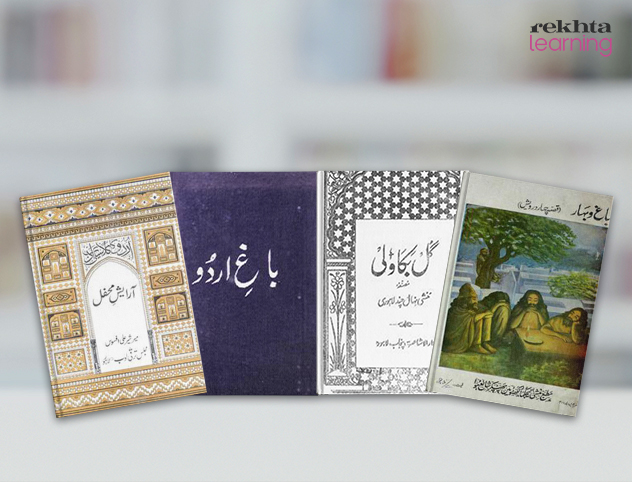
Some of the significant works produced were:
Mir Amman Dehlvi: His celebrated work Bagh-o-Bahar is regarded as a masterpiece of Urdu prose. It is a simple, fluid Urdu retelling of Amir Khusro’s Qissa-e-Chahar Darvesh. Its language, easy and flowing, played a vital role in popularizing Urdu prose among the masses.
Mir Sher Ali Afsos: Known for translations such as Araish-e-Mehfil and Bagh-e-Urdu, his style was rich in clarity and simplicity.
Haider Bakhsh Haidari: His works included Tota Kahani, Araish-e-Mehfil, Gulshan-e-Hind, Qissa-e-Mehr-o-Mah and others. His writings aligned perfectly with the college’s mission to promote accessible Urdu prose.
Nihal Chand Lahori: He translated the Persian tale Gul Bakawali into Urdu under the title Mazhab-e-Ishq.
Beyond these, many other writers and translators showcased their creative talents. They produced stories, moral discourses and historical accounts, enriching the body of Urdu prose.
A blessing or a test for Urdu?
Some critics argue that the British used language as a political tool through Fort William College. Yet it cannot be denied that the institution gave Urdu a new horizon. For the first time, Urdu was treated seriously in educational and academic contexts, and a people’s language found a place in teaching material. As a result, Urdu prose gained literary dignity, paving the way for writers like Sir Syed Ahmad Khan, Deputy Nazir Ahmad and Rashid Ahmad Siddiqi.
Impact of Fort William College
The most remarkable achievement of Fort William College was the structured development of Urdu prose. Until then, Urdu literature was dominated by poetry, with prose only sparsely visible. At the college, books from various languages were translated into Urdu, and new stories and narratives were written in a simple, straightforward style. This was not merely for administrative training but also to help British officers understand Indian society, customs and values. These efforts laid the foundation of Urdu prose and gave it a new literary identity.
The influence of the college can be traced in many directions. It gave Urdu prose an organized and respected form, balancing it against the dominance of poetry. It encouraged a style of writing that avoided difficult words and heavy constructions, making texts easier for both locals and foreigners to understand. The many translations it sponsored infused Urdu literature with cultural and linguistic diversity, while Dr. Gilchrist’s grammatical work clarified the language’s structure for learners. Even the dictionaries prepared under the college’s supervision contributed to improving comprehension and teaching, leaving a long-lasting mark on Urdu’s growth.
Relevance of Fort William College today
If today we regard Urdu as a comprehensive literary, educational and creative language, much credit goes to the groundwork laid by Fort William College. It not only nurtured prose but also introduced new perspectives in literature, culture and expression.
Although Fort William College was founded with colonial motives, it inadvertently rendered a great service to Urdu language and literature. It helped transform Urdu from a courtly medium into a public and literary language. The college established the foundations of Urdu prose, set it on a clear path and nurtured authors who enriched the language. Even today, when we study the history of Urdu prose, the name of Fort William College shines brightly, bearing witness to its timeless bond with Urdu.
- 0 in-depth courses
- 0+ lessons
- 1 year unlimited access
- Unbeatable discount
- Watch on any device
- Get certified
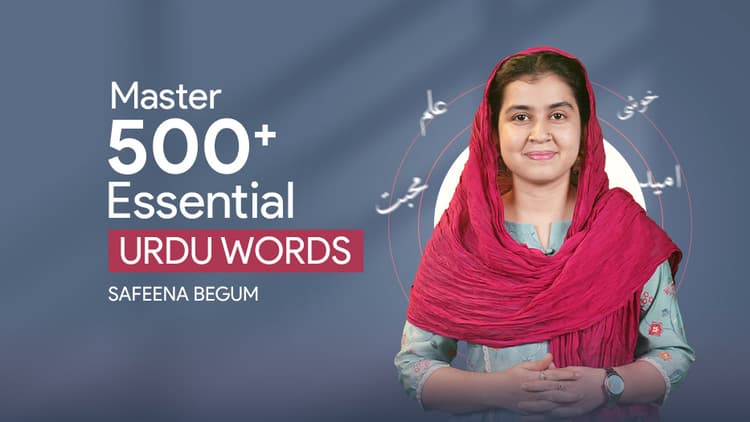
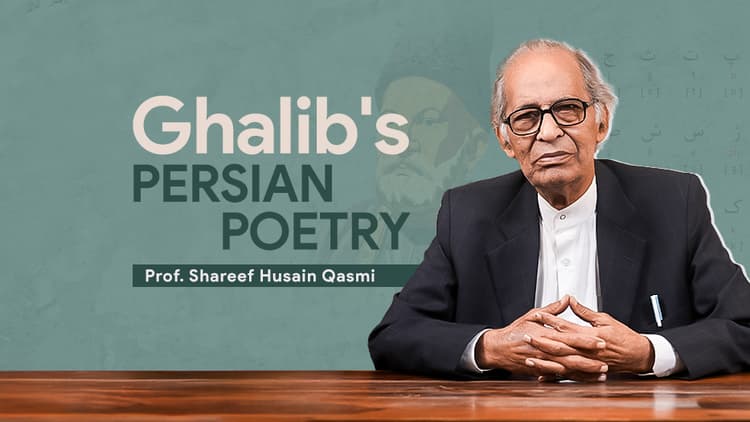
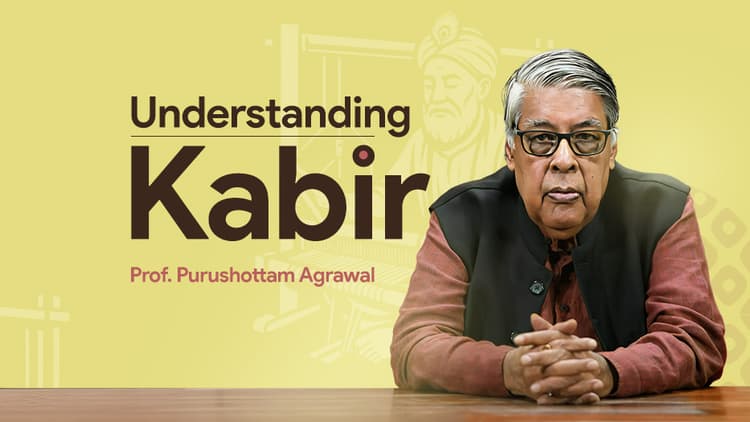
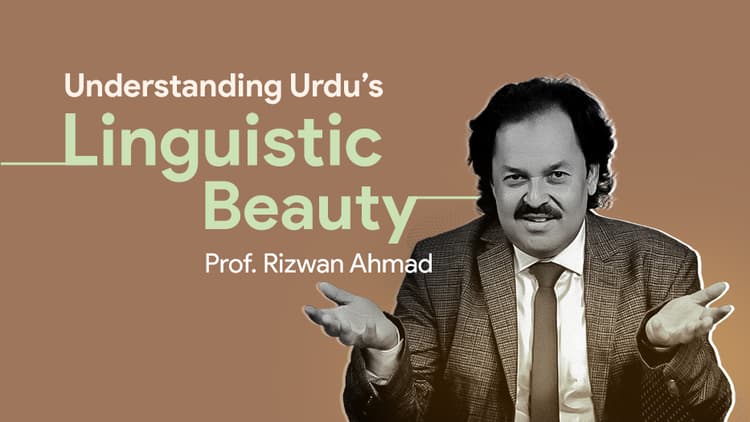
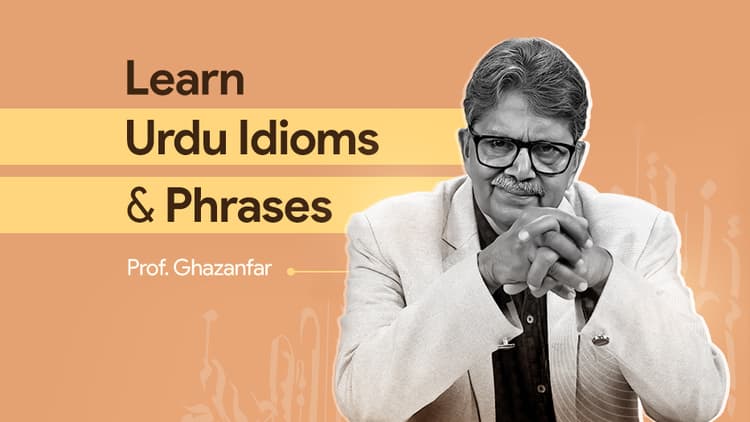
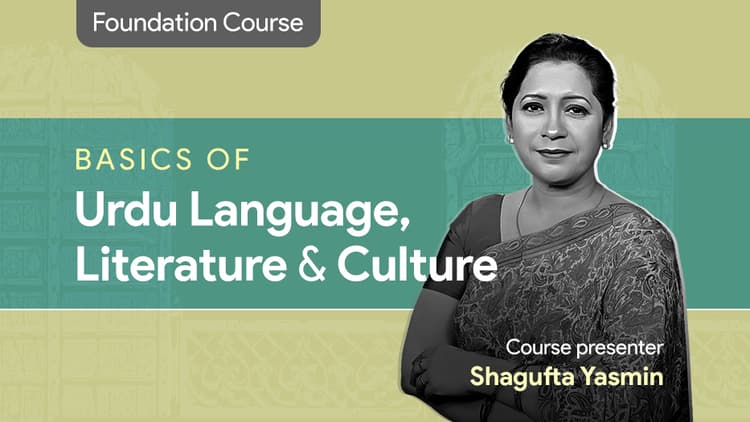
.jpg&w=750&q=75)
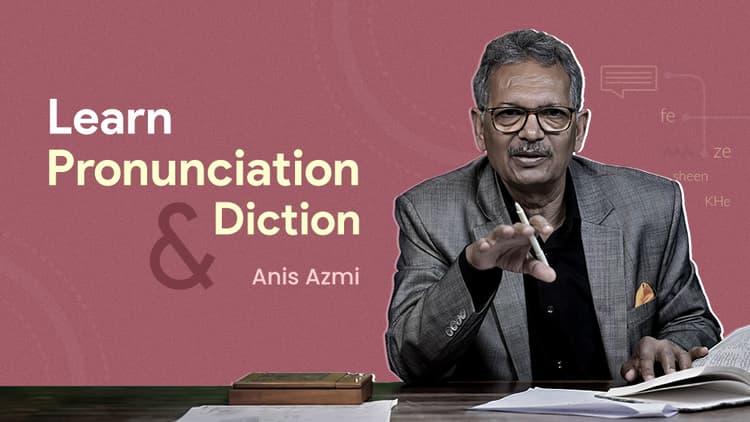
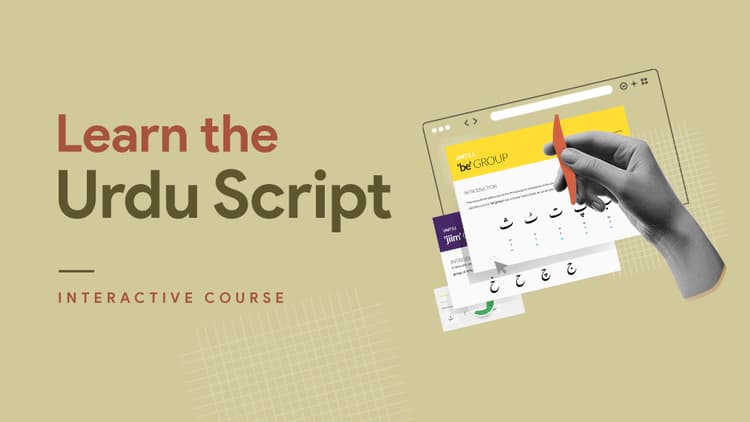
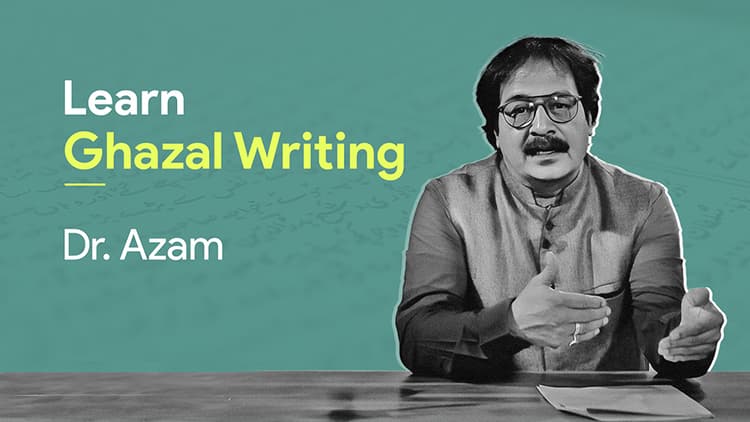
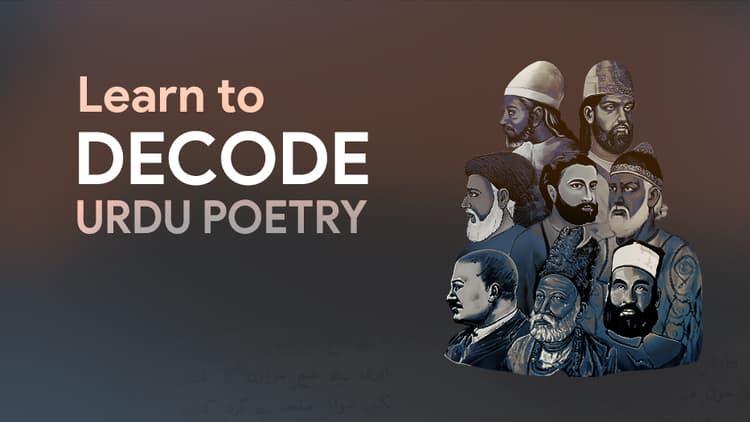
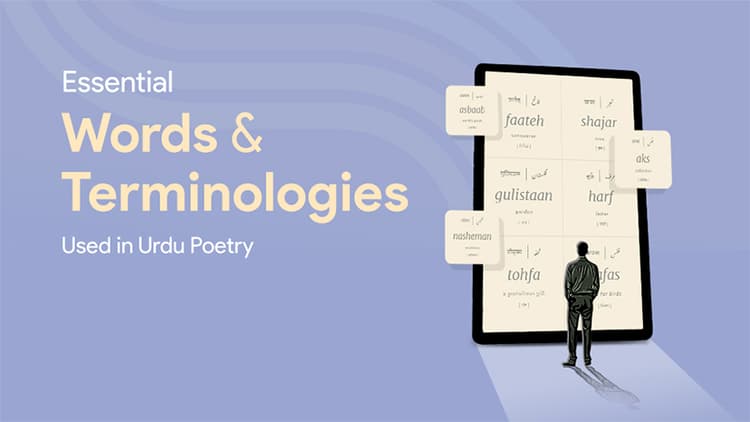
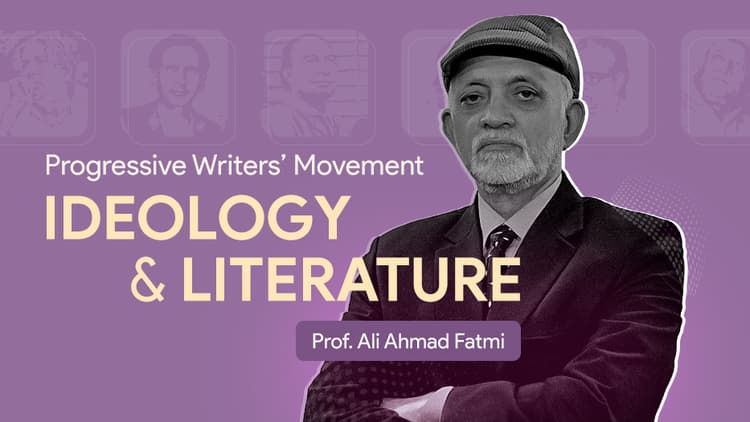


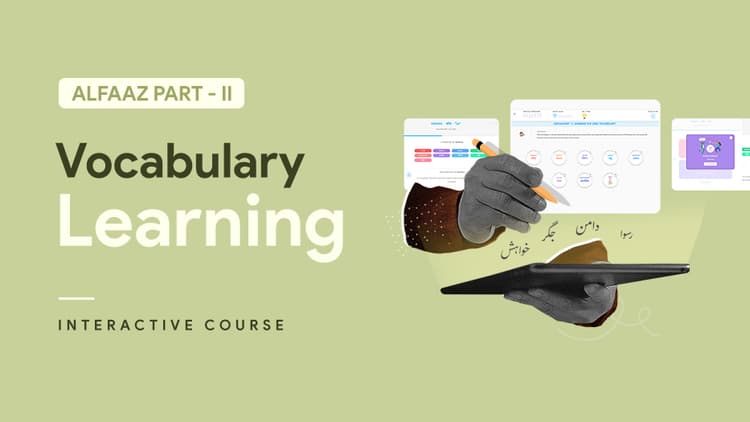








.jpg&w=828&q=75)


.jpg&w=828&q=75)












Comments